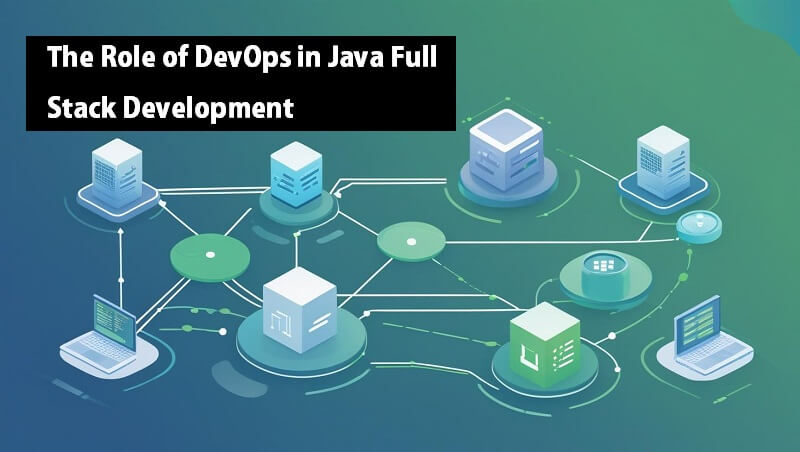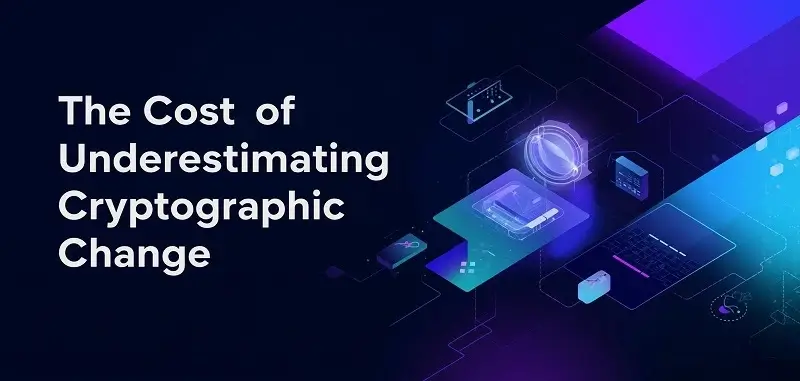In today’s fast-paced development environment, the synergy between development and operations, known as DevOps, has become essential, especially for full stack developers. For those working with Java technologies, understanding DevOps is no longer optional; it’s a vital part of the workflow. From automating builds and deployments to enabling continuous integration and delivery, DevOps tools and practices significantly enhance productivity, collaboration, and code quality. This blog explores how DevOps fits into the world of Java Full Stack Development, the tools you need to know, and why aspiring developers should embrace this skillset to stay relevant and job-ready in 2025 and beyond.

Introduction: Why DevOps Matters for Java Full Stack Developers
A modern Full Stack Java Developer isn’t just someone who writes code for the front end and back end—they’re increasingly expected to manage the lifecycle of the application from development to deployment. That’s where DevOps comes in.
DevOps bridges the gap between development and IT operations by promoting automation, continuous integration/continuous delivery (CI/CD), infrastructure as code, and monitoring. When integrated into the development workflow, DevOps helps Java developers deploy faster, debug quicker, and deliver more reliable applications.
If you’re enrolled in or considering a Full Stack Java Developer course, understanding how DevOps works will give you a competitive edge. It allows you to build not just software, but robust, scalable, and deployable systems that work in real-world environments.
The DevOps-Development Connection
1. Faster Release Cycles with CI/CD
DevOps enables continuous integration and continuous deployment pipelines. This means code changes are automatically tested, integrated, and deployed to production environments. For a full stack Java developer, using tools like Jenkins, GitLab CI, or CircleCI helps automate builds and deployments for both front-end (Angular, React) and back-end (Spring Boot, Hibernate) components.
2. Version Control and Collaboration
Using Git and repositories like GitHub or GitLab allows developers to collaborate efficiently. DevOps workflows integrate tightly with these tools, ensuring version control, code review processes, and seamless merging of code across the team.
3. Containerization with Docker
Java applications can often be complex, especially when dealing with dependencies and runtime environments. Docker helps package your Java app (and front-end if needed) into a container that runs reliably across different systems. Docker Compose can even spin up entire microservice-based applications with just a few lines of config.
4. Infrastructure as Code (IaC)
With tools like Terraform and Ansible, Java full stack developers can now define their infrastructure needs through code. This means you can create, manage, and destroy environments in a repeatable way, reducing manual errors and setup time.
5. Monitoring and Logging
DevOps emphasizes continuous monitoring to ensure application health. Tools like Prometheus, Grafana, and ELK Stack (Elasticsearch, Logstash, Kibana) provide real-time insights into your Java application’s performance, memory usage, and error rates—critical for full stack applications that span multiple layers.
Real-World Impact of DevOps in Java Full Stack
Imagine you’re building a Spring Boot REST API with a React front-end. Without DevOps:
- You manually test and deploy code.
- You spend time fixing bugs discovered late in the release cycle.
- You struggle to replicate issues across dev and production.
With DevOps:
- You push code and let Jenkins run automated tests and deploy to staging.
- Docker ensures consistent environments.
- You get alerts if your app’s memory spikes or errors increase.
This shift not only improves speed but ensures reliability and better collaboration across teams.
Conclusion: Embracing DevOps in Your Java Full Stack Journey
As the demand for end-to-end developers rises, DevOps is no longer a “nice-to-have”—it’s a “must-have” skill for every Java full stack developer. Understanding how to integrate automation, deployment pipelines, and infrastructure into your development process will make you more efficient and job-ready.
If you’re currently exploring a Java Full Stack Developer course, look for one that includes DevOps modules or practical training in tools like Jenkins, Docker, and Git. These skills will set you apart in interviews and give you real-world confidence in building, deploying, and maintaining applications in production environments. In 2025, employers don’t just want coders—they want creators who can deliver value fast, reliably, and at scale. And that’s exactly what DevOps empowers you to do.
Also, you can check: What is Application Development?








